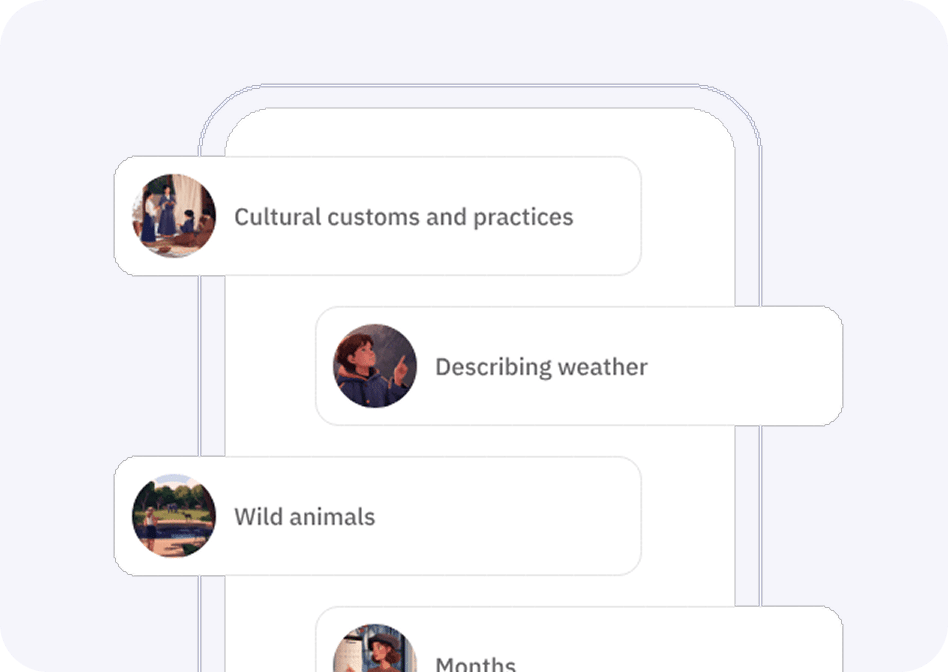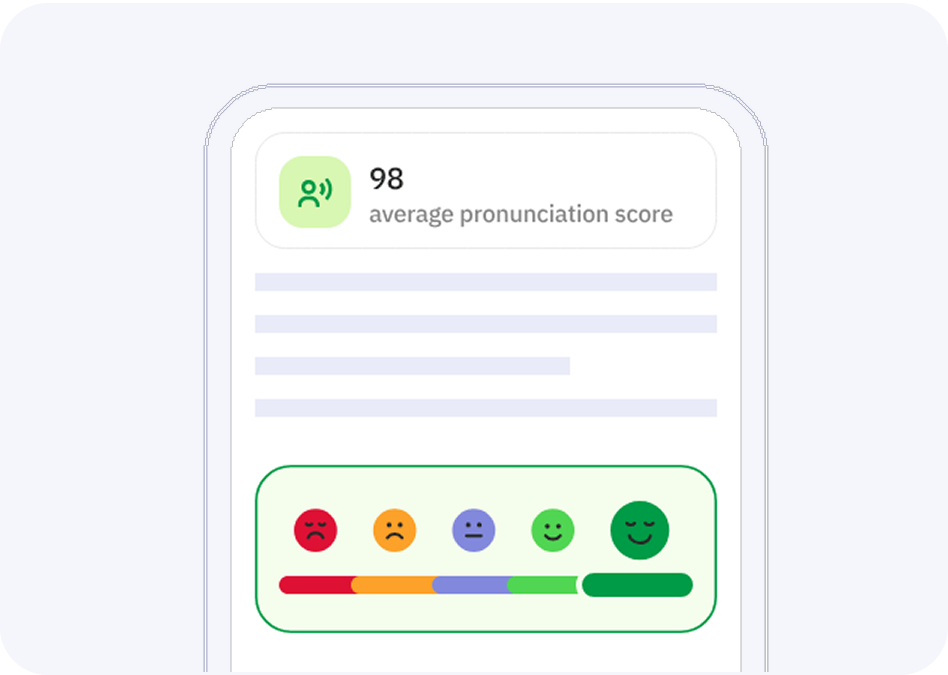How to Learn Italian With AI
Embarking on the journey to learn Italian can be both exhilarating and intimidating. Known for its lyrical quality and deep cultural roots, Italian is a language that opens doors to rich literature, history, and art. Whether you wish to connect with your Italian heritage, prepare for a trip to Italy, or simply expand your linguistic skills, mastering Italian can profoundly enrich your personal and professional life. This guide explores comprehensive strategies and modern tools like Talkpal AI to effectively absorb the Italian language. Here, we share ten essential tips to streamline your learning experience and make your linguistic journey as enjoyable and efficient as possible.

The talkpal difference

Personalized Education
Every person has a distinct method of absorbing information. Through Talkpal technology, we have the capacity to analyze the study patterns of millions of users at the same time. This data allows us to build highly effective educational structures that are fully tailored to match the specific needs and interests of every student.

Cutting-Edge Technology
Our main goal is to lead the way in providing universal access to a custom-tailored learning journey. We accomplish this by leveraging the most recent breakthroughs in modern innovation to ensure every user benefits from sophisticated tools and AI tutoring.

Making Learning Fun
We have transformed the study process into an entertaining activity. Since maintaining momentum can be difficult in an online setting, we built Talkpal to be incredibly captivating. The platform is so engaging that people often prefer acquiring new language skills with our app rather than playing video games.
LANGUAGE LEARNING EXCELLENCE
The most efficient way to learn a language
Try Talkpal for freeEmbrace the Beauty of the Italian Language
1. Start with the Basics
Before diving deep into complex grammar and vocabulary, it’s important to establish a strong foundation in the basics of Italian. This includes understanding common phrases, greetings, and the structure of simple sentences. Utilizing beginner books or apps like Talkpal AI can be incredibly useful. Talkpal AI, for instance, offers interactive lessons that adapt to your learning pace, making it easier to grasp fundamental concepts. Remember, a strong grasp of the basics sets the stage for more advanced learning, so take your time to solidify your understanding at this initial stage.
2. Incorporate Immersive Learning
To truly master Italian, immerse yourself in the language as much as possible. This means beyond just textbooks and apps. Watch Italian movies, listen to Italian music, and if possible, engage in conversations with native speakers. Tools like Talkpal AI can simulate conversation and help you practice your speaking skills in a dynamic way. Immersion helps in understanding contextual usage and cultural nuances, which are crucial for becoming fluent.
3. Consistent Practice
Consistency is key when learning any new language. Dedicate specific time each day to practise Italian. This could involve a mix of activities such as using Talkpal AI for AI-powered lessons, writing short essays, reading Italian news, or speaking with a language partner. Regular practice helps to reinforce what you’ve learned and decreases the likelihood of forgetting important vocabulary or grammar.
4. Leverage Technology
In today’s digital age, a plethora of tools are available to aid language learning. Platforms like Talkpal AI leverage artificial intelligence to provide personalized learning experiences, making the process more engaging and effective. Using such tools allows you to receive immediate feedback and corrections, which is vital for improving your language skills.
5. Engage with Native Speakers
One of the most effective ways to learn Italian is to speak it with native speakers. Engagements like these provide real-time practice and insights into colloquial language and slang, which textbooks might not cover. You can find language meetups, or use platforms like Talkpal AI which mimic interactions with native speakers, thus offering a practical and readily accessible option.
6. Explore Italian Culture
Learning a language is inseparable from understanding its cultural context. Explore Italian history, literature, and traditions to deepen your connection to the language. This cultural appreciation will not only enhance your linguistic skills but also enrich your understanding of what you read and hear in Italian.
7. Use It or Lose It
Application of learning can significantly boost your language retention. Try to use Italian in your daily life. Label items in your home with their Italian names, try to think in Italian, or switch your phone and computer settings to Italian. This constant exposure reinforces learning and makes the language a part of your daily routine.
8. Set Realistic Goals
Set small, achievable goals to keep your motivation high. Whether it’s learning ten new words a day or mastering a conversational topic each week, these goals can provide a pathway to success and a sense of accomplishment. Tools like Talkpal AI can help track your progress and tailor lessons to align with your set objectives.
9. Join Italian Learning Communities
Joining forums and online communities can provide moral support, useful tips, and additional resources for learning Italian. Fellow learners often share tools, such as their experiences with Talkpal AI, and other insights that could be of great benefit to your learning journey.
10. Patience and Persistence
Lastly, be patient with your progress and persistent in your practice. Learning a new language is a marathon, not a sprint, and every learner hits plateaus and faces challenges. Keep a positive mindset, and continue practicing regularly with tools like Talkpal AI to keep advancing your skills progressively.
The most efficient way to learn a language
Try Talkpal for freeFrequently Asked Questions
How long does it generally take to learn Italian?
Is Italian a difficult language to learn for English speakers?
Can I learn Italian just by using apps like Talkpal AI?
What are the benefits of learning Italian?







